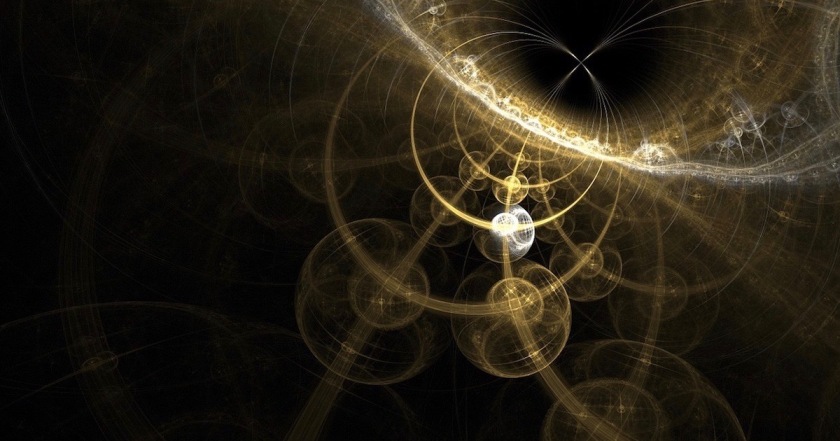
Month: March 2019
‘I will choose free will’

The more Metal among my readers may recognise the phrase in this title, but we now turn from the apparent perversity of people’s decisions to the even more uncanny matter of the mechanics of how they’re made.
In 1983 Benjamin Libet of the University of California San Francisco set up an experiment to determine the speed with which people take decisions. His volunteers were asked to perform a simple movement, at a time they chose, while a pickup measured the ‘readiness potential’ – a signal in the brain’s motor cortex known to precede physical movement.
Readings by the volunteers of the timing of their decision, from the second hand of a clock, showed that the signal in the motor cortex – of which they were not consciously aware – came half a second before their conscious decision. In other words the decision was made subconsciously and only afterwards did the subjects’ brains construct the perception of freewill.
Argument at once began to rage over how accurate the subjects’ timing readings could be, given that their attention should have been focussed on whether or not to make their move. Experiments in other fields of brain study have shown how a single line of ‘time’ is reconstructed by the brain ‘after-the-fact’ so, it was argued, we still have freewill – it just doesn’t look like it in that one experiment.
In 2009 Jeff Miller and Judy Trevena carried out a new version of Libet’s experiment in which volunteers had to listen out for a tone before making a 2-way decision: press the key or leave it. The experimenters found a ‘readiness potential’ building-up in both cases – press or leave – and concluded that the potential just signified attention, and not decision-making. Our state of attention is not something of which we are fully conscious, though it can of course be controlled with practice.
Libet’s own conclusion about his findings was that the readiness potential signalled preparedness to push the button but nevertheless a person could decide, within the final tenth of a second, not to go through with their decision.
But it could be said that this view – which acquired the nickname ‘Free Won’t’ (as opposed to ‘Free Will’) – just pushes the question one step along by leaving the mechanism for the final ‘restraint’ decision unexplained.
Improvements in measurement equipment – including siting the pickups within the brain – have in some cases shown even longer intervals (up to two whole seconds) between ‘trigger’ signals and apparent decisions.
Arguments still rage then: do we have fully-conscious freewill, or do our decisions bubble up, mostly uncontrolled, from depths we cannot reach?
Interview at York LitFest!

What more can I say except… Former Mad Scientist?
Anyway if you’d like to come along, tickets are available here.
